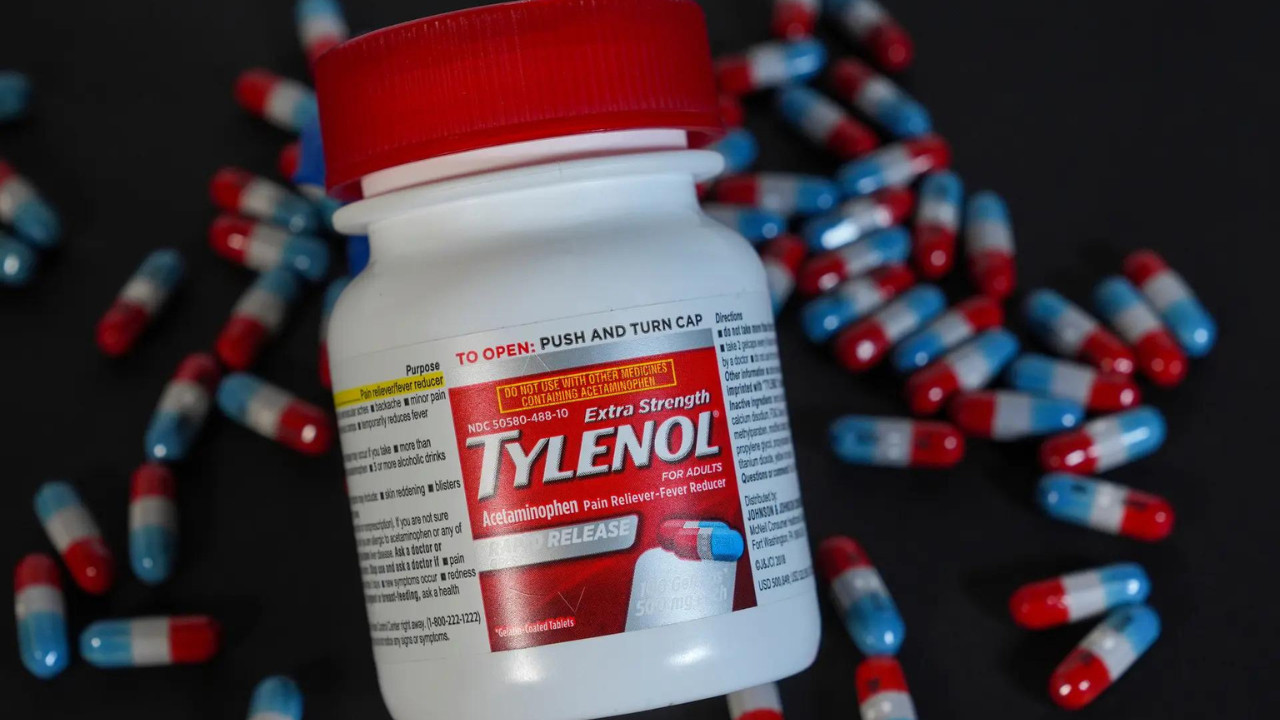Kimberly-Clark is acquiring Tylenol maker Kenvue for approximately $48.7 billion in a cash-and-stock deal, creating a major consumer health goods company. The combined entity is projected to generate $32 billion in annual net revenues and achieve $1.9 billion in cost savings. Kimberly-Clark’s CEO Mike Hsu will lead the merged company, which will retain its Texas headquarters.
The Consumer Healthcare Landscape Shifts: Kimberly-Clark Snaps Up Kenvue in Colossal Deal
The world of consumer healthcare just got a whole lot bigger. In a move that’s sending ripples through the industry, Kimberly-Clark, the household name behind Kleenex and Huggies, is set to acquire Kenvue, the maker of Tylenol and Band-Aid, in a massive $48.7 billion cash and stock deal. This isn’t just a merger; it’s a strategic reshaping of the self-care market.
For consumers, this means some of the most recognizable brands in your medicine cabinet and bathroom could soon be united under a single corporate umbrella. What will that mean for product innovation, pricing, and the overall availability of your go-to remedies? That remains to be seen, but the sheer scale of the acquisition suggests significant changes are on the horizon.

Why This Acquisition Matters
So, why is Kimberly-Clark making such a bold move? Kenvue, spun off from Johnson & Johnson in 2023, boasts an impressive portfolio of over-the-counter medications and personal care products. Think of the brands you reach for when you have a headache, a cut, or just need some relief from allergy season – chances are, Kenvue owns them.
This acquisition gives Kimberly-Clark instant access to a powerful and diverse range of established brands, bolstering its presence in the healthcare sector. While Kimberly-Clark has a strong foothold in personal hygiene, acquiring Kenvue expands their reach into new and highly profitable markets like pain relief, wound care, and skincare. It’s a strategic play to diversify their offerings and tap into the growing global demand for self-care products.
The Financial Implications and Cost Savings
The deal isn’t just about expanding brand portfolios; it’s also about streamlining operations and cutting costs. Kimberly-Clark anticipates a staggering $1.9 billion in cost savings post-merger. How will they achieve this? Through economies of scale, eliminating redundancies, and optimizing supply chains.
Think about it: combining the distribution networks of two giant corporations can lead to significant efficiencies in transportation, warehousing, and logistics. By consolidating marketing efforts and research and development, they can also minimize duplication of effort and maximize resources. This aggressive cost-cutting strategy is clearly designed to boost profitability and shareholder value.
A Closer Look at the Brands Involved
Let’s talk brands. On one side, you have Kimberly-Clark, famous for its paper products like Kleenex tissues and Scott toilet paper, as well as personal care items like Huggies diapers and Kotex feminine hygiene products. These are everyday essentials found in homes around the world.
On the other side, Kenvue brings to the table a medicine cabinet full of trusted remedies. In addition to Tylenol and Band-Aid, the company owns brands like Benadryl, Neutrogena, and Listerine. This diverse range of products addresses a wide range of consumer needs, from basic hygiene to specialized medical care.
The synergy between these two companies is evident. Kimberly-Clark’s expertise in manufacturing, distribution, and marketing, combined with Kenvue’s powerful brand portfolio, creates a formidable force in the consumer healthcare market. This merger promises to reshape how we access and purchase everyday healthcare essentials. Learn more about Kimberly-Clark’s brand strategy here.
What Does This Mean for the Future of Consumer Healthcare?
This acquisition signals a potential shift in the power dynamics of the consumer healthcare industry. With fewer major players controlling a larger share of the market, there are concerns about reduced competition and potentially higher prices for consumers. However, there is also the potential for increased innovation and improved product quality as these companies pool their resources and expertise.
The key will be how Kimberly-Clark manages the integration of Kenvue and whether it can maintain the quality and innovation that consumers have come to expect from these brands. The coming months will be crucial in determining whether this mega-merger ultimately benefits consumers or simply consolidates power in the hands of a few large corporations in the consumer healthcare industry. This acquisition is a bold move that could redefine the self-care landscape for years to come.







